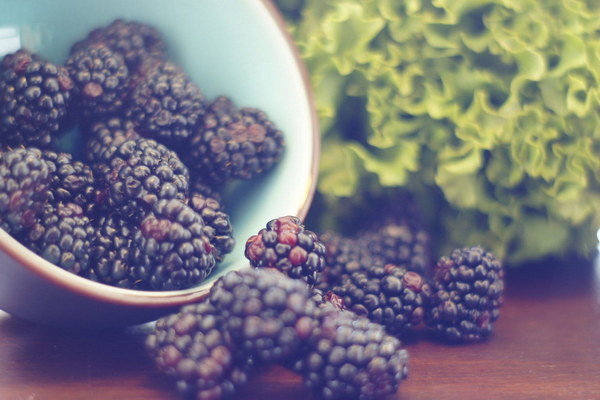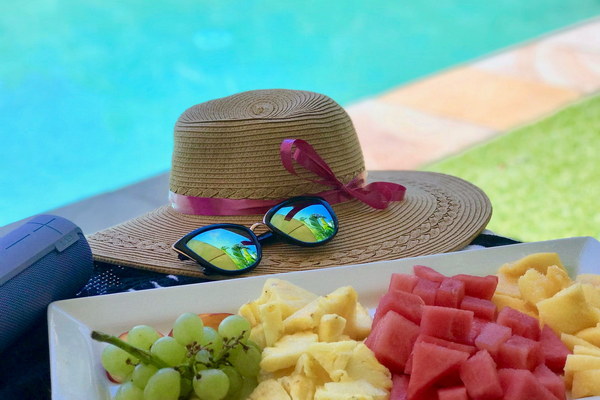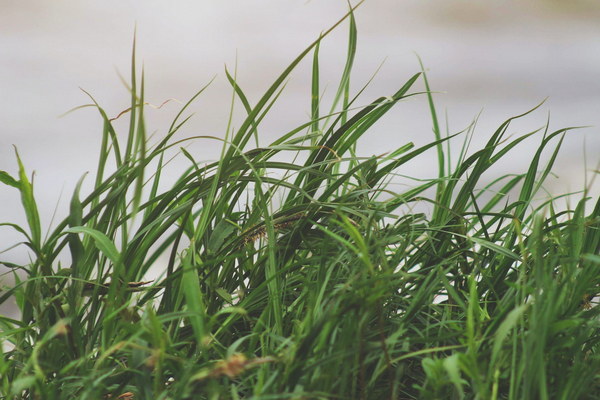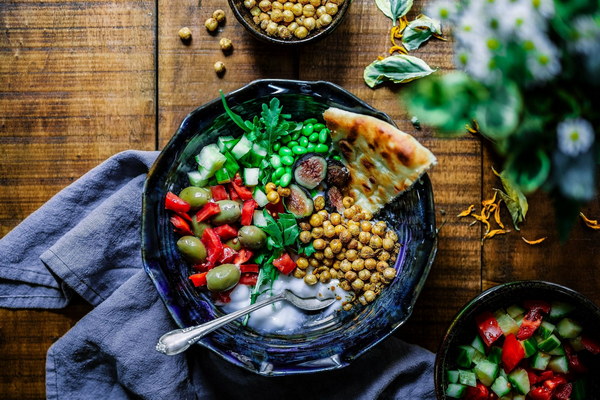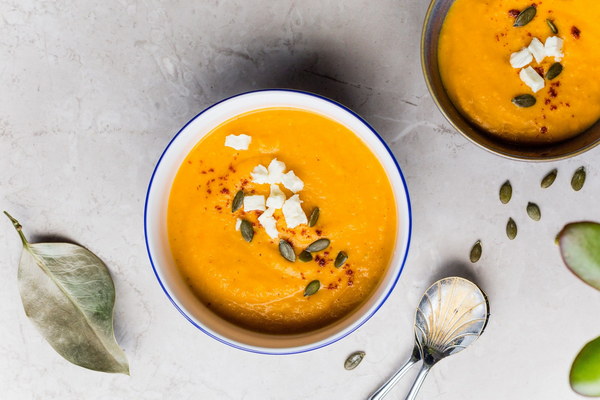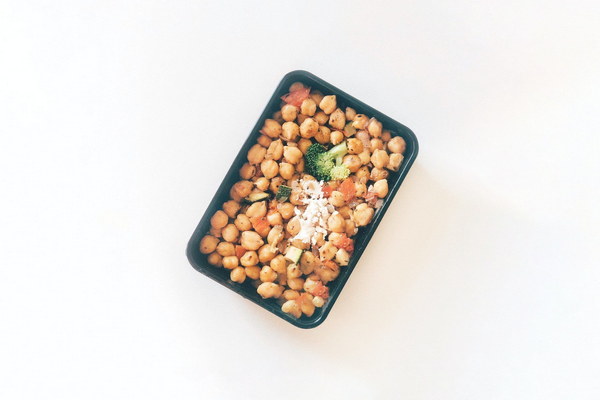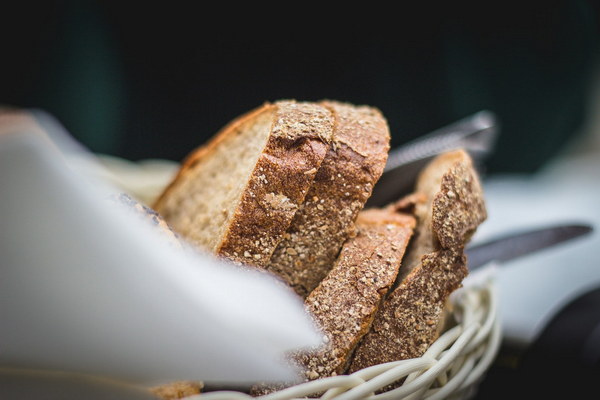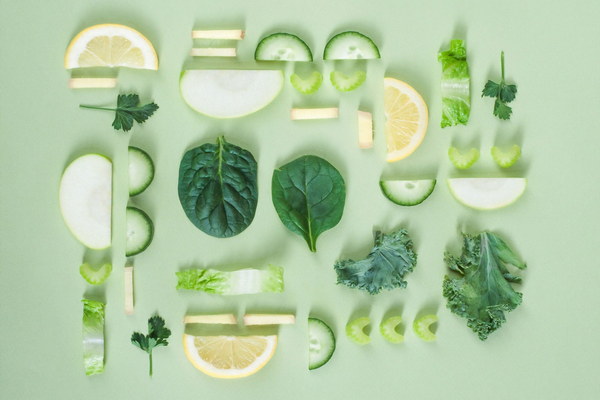The Great Debate Western Medicine vs. Traditional Chinese Medicine in Dampness Relief
In the realm of healthcare, the debate between Western medicine and Traditional Chinese Medicine (TCM) has been ongoing for centuries. One of the most common health issues that people seek relief for is dampness, a concept in TCM that refers to the accumulation of moisture in the body. So, which is better for dampness relief: Western medicine or TCM? Let's delve into the details to find out.
First, let's explore how Western medicine addresses dampness. Western medicine primarily focuses on the physical symptoms of dampness, such as weight gain, fatigue, and joint pain. To alleviate these symptoms, Western medicine often employs the following treatment methods:
1. Medications: Western doctors may prescribe diuretics, which help the body eliminate excess fluid, or antihistamines, which can help reduce swelling and inflammation. In some cases, antibiotics may be prescribed if the dampness is caused by a bacterial infection.
2. Diet and lifestyle changes: A balanced diet low in salt and sugar, as well as regular exercise, can help reduce the symptoms of dampness.
3. Physical therapy: Physical therapy can help alleviate joint pain and improve mobility.
On the other hand, TCM takes a holistic approach to dampness relief, aiming to restore the body's balance and harmony. Here are some of the key aspects of TCM in dampness relief:
1. Herbs: TCM utilizes a wide range of herbs to address dampness. Common herbs used in dampness relief include Atractylodes macrocephala, Poria cocos, and Alisma orientale. These herbs help to drain dampness, improve digestion, and boost the immune system.
2. Acupuncture: Acupuncture involves inserting fine needles into specific points on the body to stimulate the flow of Qi (vital energy) and drainage of dampness. This therapy can help alleviate symptoms like fatigue and joint pain.
3. Massage: Massage therapy can help improve circulation, reduce muscle tension, and alleviate pain associated with dampness.

4. Diet: TCM emphasizes the importance of a balanced diet that avoids dampness-inducing foods, such as cold, raw, and sweet foods. Instead, TCM recommends consuming warm, cooked, and spicy foods that can help drain dampness.
Now, let's compare the two approaches. The primary advantage of Western medicine in dampness relief is its quick and targeted approach to alleviate symptoms. However, it does not address the root cause of dampness and can sometimes come with side effects. On the other hand, TCM's holistic approach can help address the root cause of dampness, leading to long-term relief and improved overall health. However, TCM treatments may take longer to show results and may not be as immediately effective as Western medicine.
In conclusion, the choice between Western medicine and TCM for dampness relief depends on individual preferences and the severity of the condition. For those seeking immediate symptom relief, Western medicine may be the better option. However, for long-term relief and improved overall health, TCM's holistic approach can be more beneficial. It is essential to consult with a healthcare professional to determine the best treatment plan for your specific needs.
In the end, both Western medicine and TCM have their strengths and weaknesses when it comes to dampness relief. By understanding the differences between the two approaches, individuals can make an informed decision about their treatment options and achieve the best possible outcome for their health.

